The Budwig Center Home Program
What is the Home Program?
The Budwig Protocol is not just a diet. It’s a way of life. And making sure you can implement it correctly is crucial to your success.
The problem is, you already have plenty of things to handle in your life.
Trying to figure out how to apply the Budwig Protocol and navigate the obstacles that come on the way will take a lot of your time and energy.
Both things which you can’t afford when dealing with cancer.
That’s why we’ve created the Home Program.
For you to skip the trial and error, and help you move ahead towards better health. Thanks to the original protocol, learned directly from Dr. Budwig, and the 20+ years of experience from the Budwig Center clinic; we know exactly how to use the Budwig Protocol in the best way possible, and help you to achieve the results you’re looking for.
The fastest, easiest, and most effective way possible.

So How Does it Work?
The basis of the Home Program is to give you all the guidance that you need and practically “hold your hand” the whole journey towards recovery.
This is why we prioritize a very complete and personalized approach. To ensure the best results possible. We will get to know your case, based on the information you’ll provide us and the consultations you’ll have with our specialist.
Thanks to the distance testing we will do with the GSR hand cradle device, we will determine the causes that are contributing to your cancer, and we’ll guide you on exactly what you need to do to help address them.
You will also receive an in-depth bio-resonance test (Metatron test) which, along with the GSR test, will allow us to have a complete picture of your health throughout the program.
Click here to read more about the Metatron test.
Based on this testing, we will also send you personalized natural remedies to help you get right to the root of the problem. And additionally, you will also receive emotional therapy called EVOX to help address the emotional causes of your cancer.
In the Home Program, we have also included two cutting-edge frequency healing devices.
Read on to see all that’s included. Or email us at [email protected] for more information.

WHAT WILL YOU LEARN?
- How to follow the Budwig Diet correctly; which foods to eat and which to avoid.
- A Daily Food and Activity plan, so that from the time you wake up in the morning and until you go to bed, you know what to do and what foods to eat.
- Budwig approved recipes for all three meals of the day, as well as smoothies and desserts
- E-Book “Courage and Wisdom in a time of need” Part 1 and Part II on how to implement an emotional healing program that assists you to free yourself of past hurtful trauma using E.F.T. (Emotional Freedom Techniques). Includes 40 short videos on how to do “Tapping” / EFT on yourself. A mini-course and MP3 downloads are included, which provides you with invaluable suggestions on interpersonal human relations, how to stay in love in your relationship, and how positive thoughts assist you in forging ahead on your road to recovery.
- The Budwig Presentation
- And much more...
DEVICES
GSR Hand Cradle

With the Home Program you receive the GSR hand cradle that you can connect to your computer, so our therapist can perform a scan with you over the internet anywhere in the world, while speaking to you over the phone. The first scan is done shortly after the beginning of the program to determine the condition of your health and which remedies would work best for your condition. The second test is done 3 months after the first test.
Mini Rife Device

Based on the frequencies of Dr. Royal Rife
The mini Rife device helps enhance the body’s functions and systems (nervous, circulatory, respiratory, digestive, reproductive, excretory, endocrine, musculoskeletal, lymphatic, immune).
The device helps to protect against infection thanks to its anti-parasite and purifying functions. It also promotes the removal of waste and toxic substances. It helps improve the working capacity of organs, helps prevent premature aging, and helps maintain a natural body balance.
The Mini Rife device uses cutting-edge technology to work with the body’s natural systems and does not create anything unfamiliar to our bodies or mind.
You simply wear it around your neck, and you can tune into 250 different frequencies to treat a variety of diseases and 30 frequencies to help with all types of cancer.
Some of the common health conditions The mini RIFE can help with:
Allergies, Cancer, Strep throat, Anemia, Arthritis, Asthma attacks, Insomnia, Detoxification, Parkinsons, Joint Pain, Bronchitis, Thrush, Hypertension, Varicosis, Gastritis, Hemorrhoids, Herpes, Diabetes, Eye health, Diarrhea, Constipation, Cardio vascular health, immune system, Cysts, Menopause, Headaches, Parasites, Sexual health, Gout, Prostatitis, Colds & Flu, Chronic Fatigue, Endometriosis, Ulcers, Low Energy, Depression and Stress.
Terahertz Wand

Benefits from Terahertz Therapy
- Pain – Helps reduce and eliminate even severe chronic pain
- Detox – Helps remove harmful chemicals and substances from your body.
- Cardiovascular – Helps unclog and softens blood vessels that could lead to a stroke or heart attack, and instantly helps improve your circulation and helps purify the blood.
- Immune System – When the body temperature is raised just 1ºC, it can increase your immune system by up to 5 times using TeraHertz infrared heat.
- Energy and Wellbeing – Many literally feel happier and even giddy after a total body treatment.
- Activates Self Repair – Assists in removing diseased cells and helps activate production of stem cells in bone marrow.
- Invigorates – the frequencies pass through all your 12 main body channels.
- Depression and Stress reduced – Activates of emotional cells, helps calm down nervous system, reducing stress and inducing a feeling of happiness.
- Increases Metabolism – which in turn helps enable the body to function at 20 to 30 years younger and people notice the difference after each session.
POTENTIAL REMEDIES
Please note that the remedies below are potential remedies you will receive with the Home Program. As the program is personalized, the remedies you will receive won’t be exactly the same as the ones below. You will likely receive most of these; however, some will be swapped out for other remedies not shown here, and other remedies will be added.
Detox Remedy
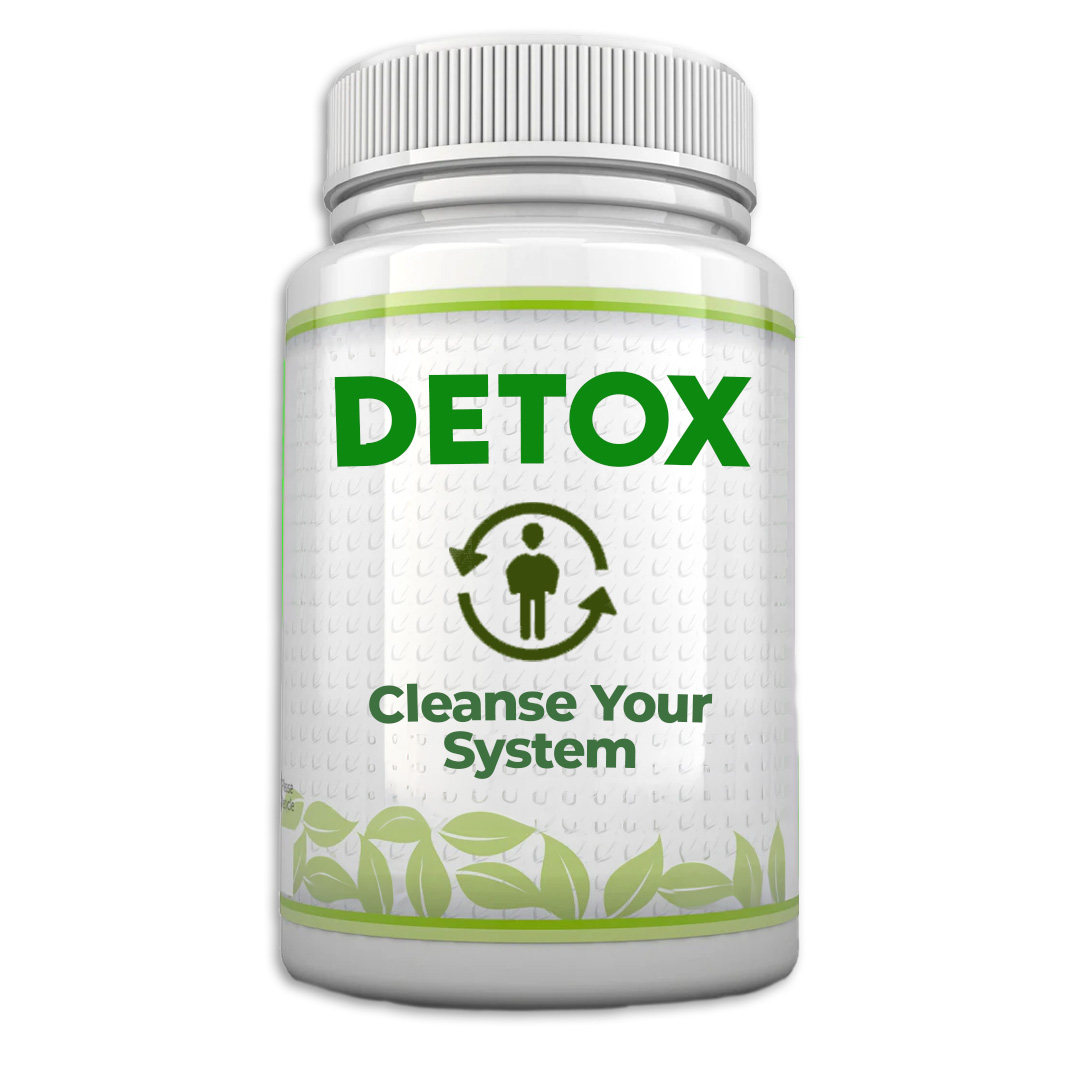
The Detox Remedy we provide contains key detoxifying ingredients such as dandelion, garlic and other herbs that promote a healthy and clean digestive system, particularly the liver and the colon.
Our detoxifying remedy also has Chlorella, which helps to remove heavy metals from the system, and is purifying and detoxifying in general.
Parasite Cleanse
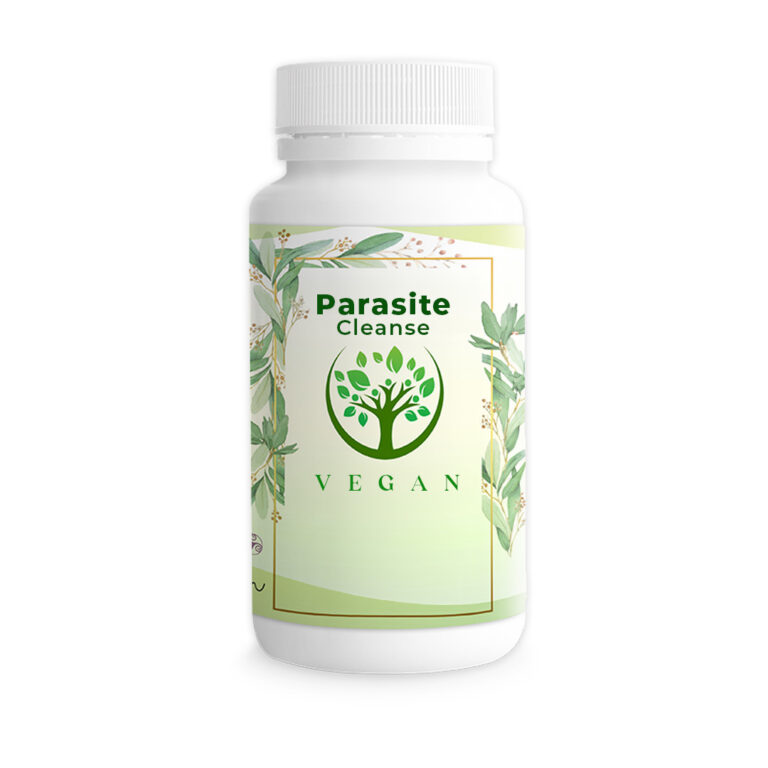
A Very Complete Parasite Cleanse
Everyone has parasites and so a very complete blend of natural, potent herbs is needed for the different stages of their development. Our Parasite Cleanse remedy has ingredients such as Black Walnut, Wormwood, Grapefruit Extract, Pumpkin Seed, Clove along with other ingredients and is indicated for Ascarids, Giardia Lamblia, Helminths, Pinworms or worms and tropical parasites.
FENp53
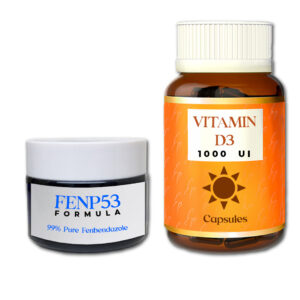
FENp53 helps remove the mechanism that forms cancer cells and tumors and at the same time eliminates worms and parasites. Cancer is related to specific pathogens, i.e parasite(s), worms, fungi, Candida and harmful bacteria and viruses. With FENp53, the protective coating around cancer cells is removed and cancer stem cells are disabled with this protocol.
The Joe Tippens approach has proven to be very helpful for most types of cancer using Panacur which is 22% fenbendazole purity. Our FENp53 is 99.9% pure fenbendazole and we provide natural herbal and food supplements to activate the formula. CLICK HERE to read more about FENp53.
Diatomaceous Earth
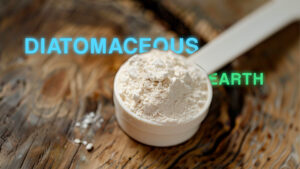
Diatomaceous Earth (Food grade) is great for removing parasites, viruses, candida, bacteria, heavy metals and toxins from your digestive tract. Diatomaceous earth (DE) is a fine powder made from fossilized phytoplankton. It’s very sharp and hard – almost as hard as a diamond – and has a strong negative charge.
As these millions of cylinders move through the stomach and digestive tract, they attract and absorb fungi, protozoa, viruses, endotoxins, pesticides, drug residues, E. coli, and heavy metals which are trapped inside the cylinder and then excreted from the body.
How Diatomaceous Earth Can Improve Your Health:
- Destroys intestinal parasites (there are some 1000 varieties or parasites and tapeworms), harmful bacteria, fungus, Candida, etc.
- Helps reverse many common diseases such as arthritis, fibromyalgia, chronic fatigue, etc., related to pathogens when it is used along with specific dietary changes and other natural remedies and lifestyle changes.
- Effective detoxifier: absorbs methyl mercury, E. coli, endotoxins, viruses (including poliovirus), organophosphate pesticide residues, and drug residues.
- Improves bowel movements and food absorption (helps people who are underweight).
- Improves metabolism, controls gas and indigestion.
- Improves complexion and skin, and bone health.
- Helps control blood pressure and cholesterol.
Mito Blue C
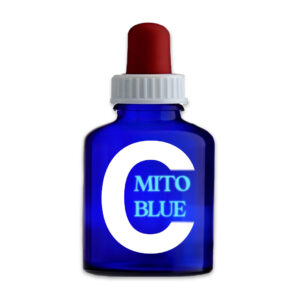
Dr. Thomas Seyfried stated that cancer is a disease of a dysfunctional metabolism. Our metabolism depends directly on our properly functioning mitochondria. Therefore, if we could restore and reactivate our sluggish, impaired mitochondria this would contribute to the reversion or cancer and many other diseases. Our mitochondria are energy factories of cells that regulate energy metabolism. Our mitochondria are damaged by chemical and emotional toxins, parasites and other harmful pathogens and poor nutrition and as we age the body produces less and less quality mitochondria, contributing to cancer and other serious diseases.
When the health of the mitochondria is improved and you have more mitochondria, thus more energy, the result is that your overall health dramatically improves, and can counteract and slow the aging process, as your metabolism works more efficiently. Without the added energy from the mitochondria, the body lacks the resources needed to repair itself. That is where Mito Blue C plays an important role.
Mito Blue C is recommended not only for those who have been diagnosed with cancer and other chronic diseases. Those who are chronically tired, emotional stressed and anxious, people who are plagued by insomnia, or who suffer side effects from pharmaceutical medication (including chemotherapy) and even athletes striving to have extreme performance, also can benefit from Mito Blue C.
Mito Blue C also is helpful with the following conditions:
- Heart Disease
- Urinary Infections
- Increased Mental Alertness
- Cancer (all types)
- Depression, Anxiety and Memory Loss
- Alzheimer’s disease
- Parkinson’s disease
- Sepsis (severe infection)
- Erectile dysfunction (ED)
- Multiple Sclerosis
- Radiation-Induced Tissue Injury Management
- Diabetes
- Ulcers and more…
Dr. Thomas Seyfried stated that cancer is a disease of a dysfunctional metabolism. Our metabolism depends directly on our properly functioning mitochondria. Therefore, if we could restore and reactivate our sluggish, impaired mitochondria this would contribute to the reversion or cancer and many other diseases. Our mitochondria are energy factories of cells that regulate energy metabolism. Our mitochondria are damaged by chemical and emotional toxins, parasites and other harmful pathogens and poor nutrition and as we age the body produces less and less quality mitochondria, contributing to cancer and other serious diseases.
When the health of the mitochondria is improved and you have more mitochondria, thus more energy, the result is that your overall health dramatically improves, and can counteract and slow the aging process, as your metabolism works more efficiently. Without the added energy from the mitochondria, the body lacks the resources needed to repair itself. That is where Mito Blue C plays an important role.
Mito Blue C is recommended not only for those who have been diagnosed with cancer and other chronic diseases. Those who are chronically tired, emotional stressed and anxious, people who are plagued by insomnia, or who suffer side effects from pharmaceutical medication (including chemotherapy) and even athletes striving to have extreme performance, also can benefit from Mito Blue C.
Mito Blue C also is helpful with the following conditions:
- Heart Disease
- Urinary Infections
- Increased Mental Alertness
- Cancer (all types)
- Depression, Anxiety and Memory Loss
- Alzheimer’s disease
- Parkinson’s disease
- Sepsis (severe infection)
- Erectile dysfunction (ED)
- Multiple Sclerosis
- Radiation-Induced Tissue Injury Management
- Diabetes
- Ulcers and more…
Melo Moringa
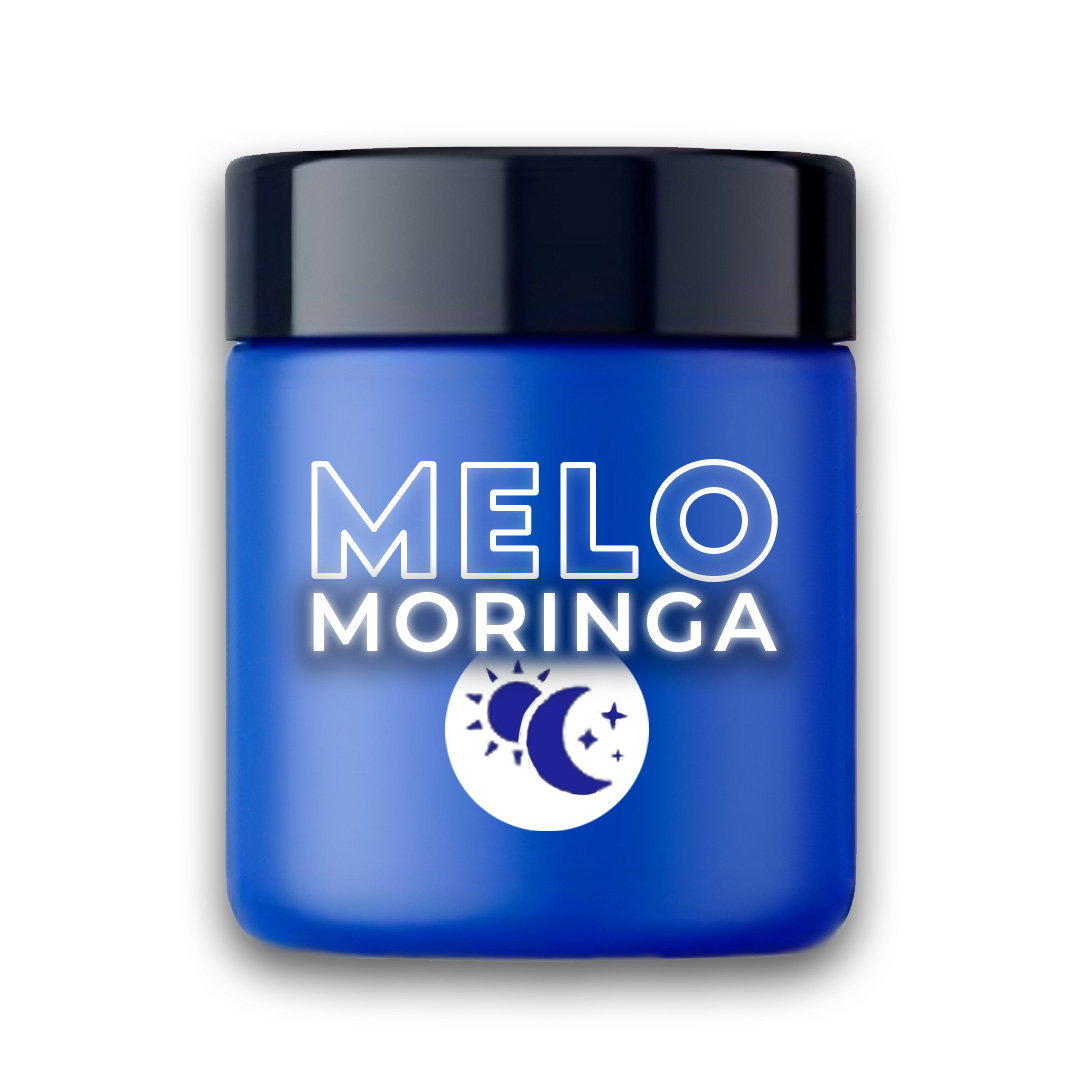
Studies show that MELO-MORINGA could be an excellent candidate for the prevention of several cancers, such as brain cancer, breast cancer, prostate cancer, gastric cancer, and colorectal cancer, etc. For estrogen dominant breast cancers and testosterone prostate cancers, MELO-MORINGA is a key.
MELO-MORINGA has a direct and an indirect anti-cancer effect and seems to halt cancer from growing and spreading. On average, the combined results of these studies show that it reduces the death rate by 44%. Patients who submitted to chemotherapy and/or radiation and took high doses of MELO-MORINGA at the same time had little or no side effects.
Essential 100% Therapeutic Oils
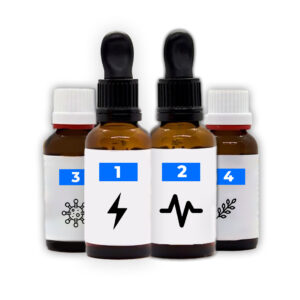
(Four bottles)
Essential oils have some of the highest frequencies known to man. CLICK HERE to read more.
They create an environment in which disease, and pathogens cannot live and are several times greater than the frequencies of herbs and foods. Our essential oils are a blend of frankincense (Boswellia Serrata), Magnolia (honokiol) and Artemisia, lemon, orange and other beneficial oils.
Here are some of the remedies that you might receive after the test/scan:
Potassium Citrate, 99 mg
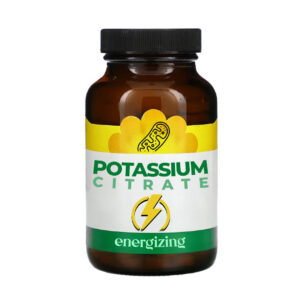
Dr. Cope explains what happens to the cells of someone with cancer. They have a loss of potassium, increase in sodium and cellular edema (swelling of the cells). When cells have too much liquid Inside of them, the environment becomes inappropriate for the manufacture of energy. Many advanced cancer patients become very tired and weak because of this development. The more potassium that enters the cells, the more sodium is “pushed” out of the cells in order to ensure that the ATP, the mitochondria energy production is working at the proper level.
Lugol’s Iodine
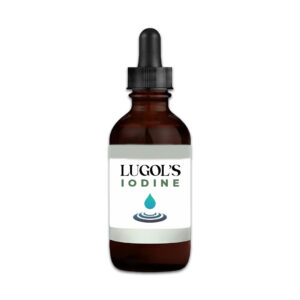
According to Dr. David Brownstein – a leading expert on iodine supplementation, approximately 90% of the U.S. population is iodine deficient (urinary clearance of less than 90%) and over 72% are severely iodine deficient (urinary clearance of less than 40%).
Lugol’s iodine, a solution containing iodine and potassium iodide, provides several benefits: thyroid health, immune system support, protection from free radicals, cancer prevention, protection against radiation, skin health and other.
Glycine
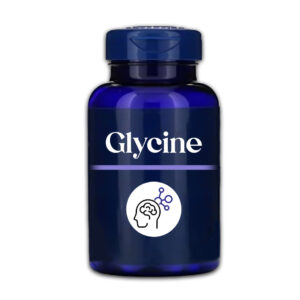
Cancer feeds on the amino acid Methionine, which is found in most foods but mostly in animal products. Glycine blocks Methionine. In clinical research, the essential amino acid, glycine, has been shown to have a calming effect on the brain. Our Glycine supplement offers calming sleep support and whole-body health benefits in easy-to-swallow 1000-mg capsules.
Glycine promotes relaxation, healthy quality sleep without causing daytime drowsiness and supports healthy glucose & fructose metabolism. Supports connective tissue throughout the body. It has fundamental roles in the support of healthy gene expression, cellular antioxidant processes, detoxification, immune function, growth, development, metabolism and survival. Glycine may also have positive impacts on mood, cognition and mental health.
Modified Citrus Pectin
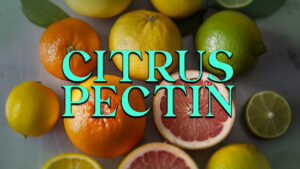
Removes the fibrin coating around cancer cells and tumors, so the immune system can attack the diseases cells.
Why are cancer tumoors and cancer cells in general often challenging to get rid of? Because they have a shield-like protective coating around them called fibrin, as well as the “sodium ring”. This makes it very difficult for our immune system to disable or attack tumors as it’s like someone shooting arrows at another person who has a large shield, which simply causes their arrows to bounce off.
When cancer cells cover themselves with this protein fibrin coating, they effectively hide from our immune system. So, even if you have a strong working immune system, it may not be able to effectively disintegrate cancer tumors. This thick protective fibrin coating and sodium ring literally prevents the body’s defense system from getting inside the cancer cells to destroy them. Modified Citrus Pectin can dissolve this fibrin coating.
Oleander “Cancer Bush” Liquid Remedy

Oleander extract (nicknamed the “Cancer Bush”) has shown remarkable success against a very broad range of cancers, including lung, liver, leukemia, breast, brain, prostate, stomach, pancreatic and more.
Oleander has been found to either eliminate or greatly alleviate the side effects of chemo when used in conjunction with chemo. However, unlike chemo, oleander does not cause lethargy but instead usually boosts a person’s energy level.
CLICK HERE to read more. Studies have shown oleander extracts have been shown to:
- Inhibit angiogenesis, the process where cancer produces blood vessels and spreads.
- Inhibit the NF-kB factor in cancer cells (exposes cancer cells to immune system).
- Induce apoptosis, or normal cell death, in cancer cells.
- Greatly stimulate immune activity and crosses the blood-brain-barrier (for brain cancer)
We are here to help
Our goal is to provide you with the necessary assistance to ensure that the Budwig Protocol comes to be second nature for you. By following the Budwig Protocol and its wisdom in your everyday life, you will notice that you are more alive, have more energy, better mood and experience overall improvement in your condition.
Although a lifestyle change such as this one may seem overwhelming, with the support and guidance you will receive while on our home-based cancer care program, you will have all that you need to succeed in following the Budwig Protocol.
To find out more about how the Cancer Home Program can help you personally, contact us now.
